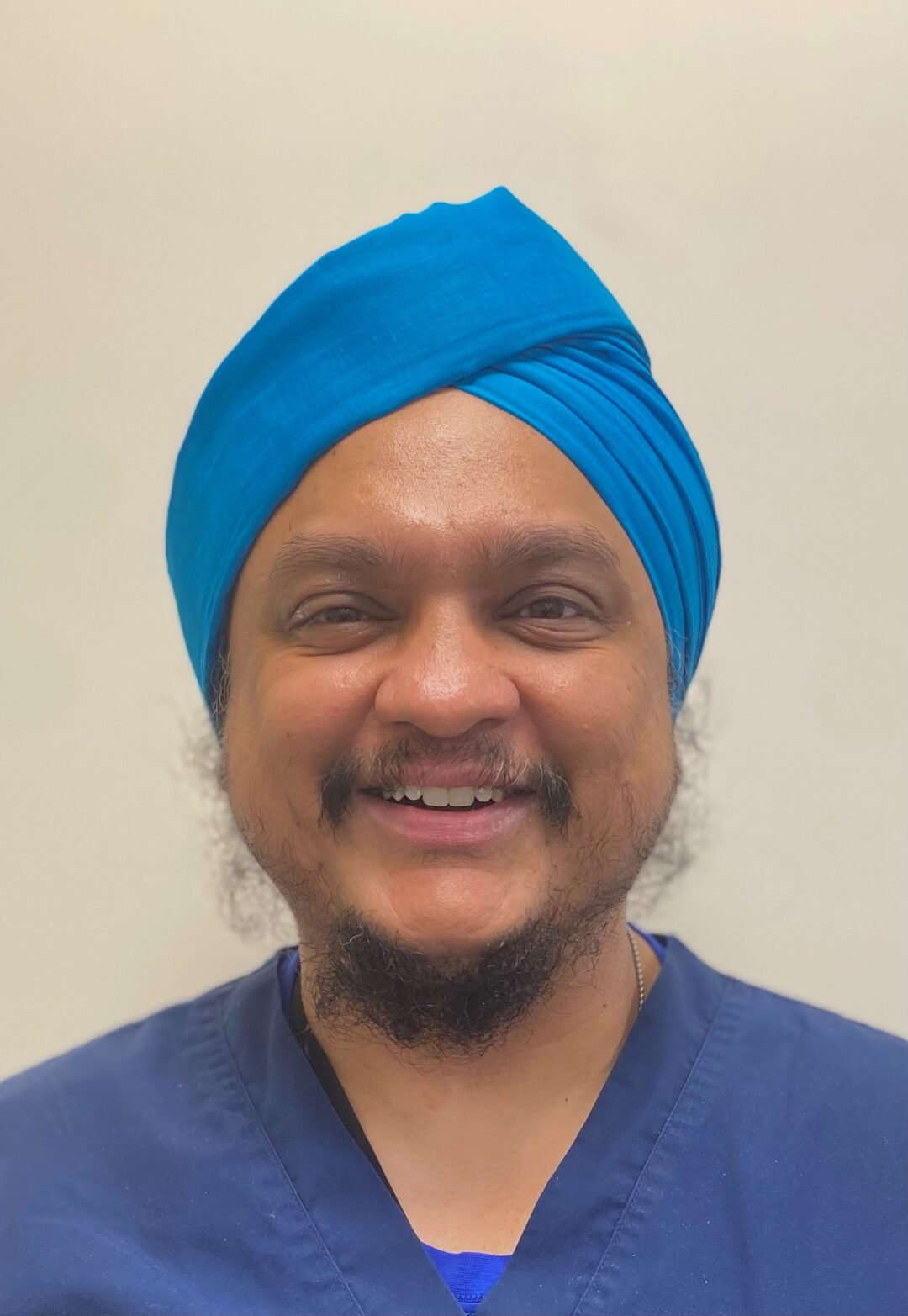Lecturer and Tier II-accredited Oral Surgeon, Dr Sukhvinder Atthi FCGDent, discusses some of the common medical emergencies that can occur in dental practice.
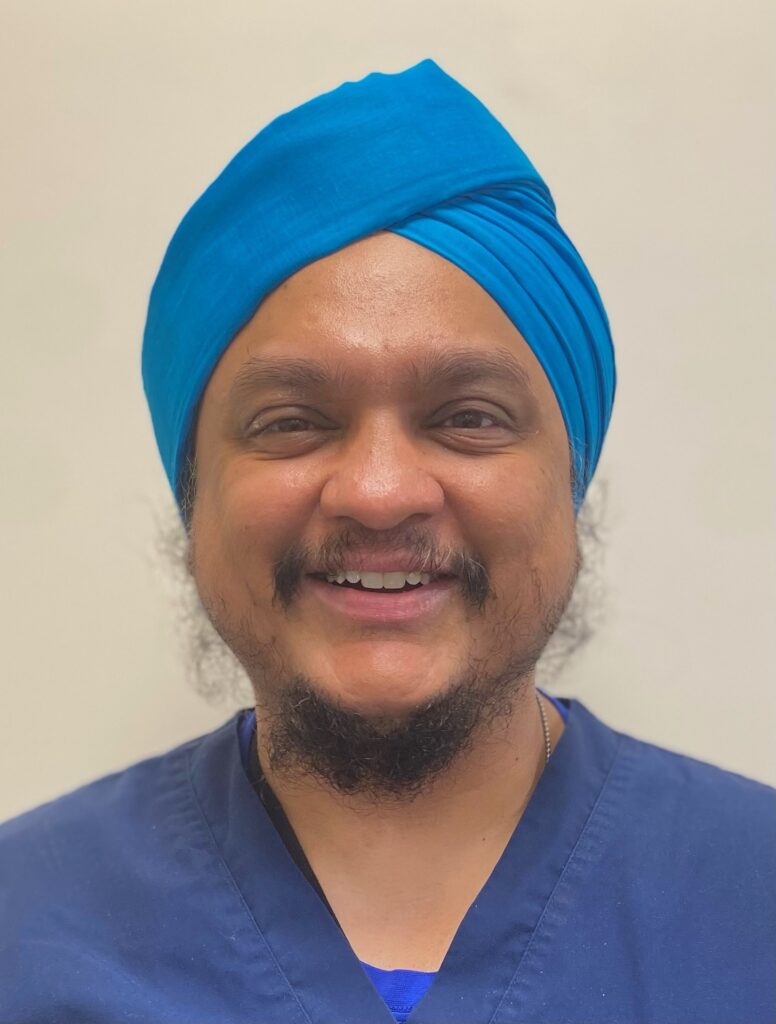
“Help… call 999 and tell them to get here quickly!” – the dreaded words you might find yourself exclaiming, when you realise something is not right, and you find your patient unconscious before you!
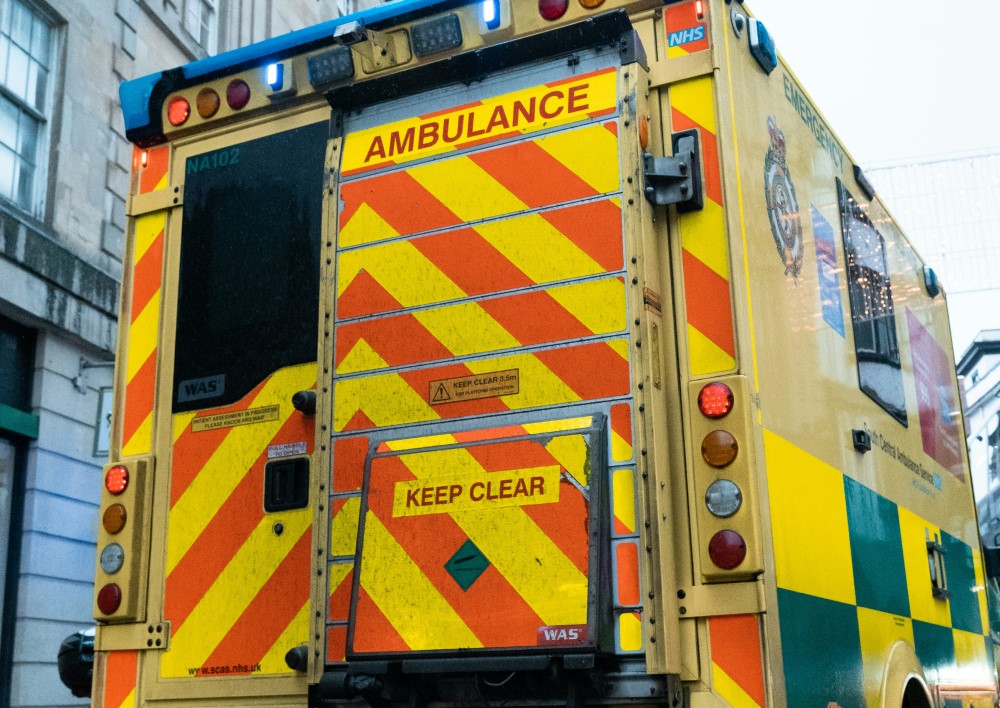
As dental professionals not only are we responsible for maintaining the oral health of our patients, but we also have a duty to be appropriately trained to deal with medical emergencies that may arise in the dental practice setting. It is an essential skill that the GDC recommends is maintained annually.
I treat a lot of nervous minor oral surgery patients and am sharing key advice in a CGDent lecture on managing medical emergencies at the British Dental Conference and Dentistry Show 2024 on Saturday 18 May (4.15-5pm).
Numerous studies have shown that rehearsing medical emergency training within a dental practice can increase the team’s confidence to manage and treat medical emergency scenarios. Keeping up to date with the required knowledge and undertaking skilled CPR and AED training is crucial in the successful outcomes of managing such patients.
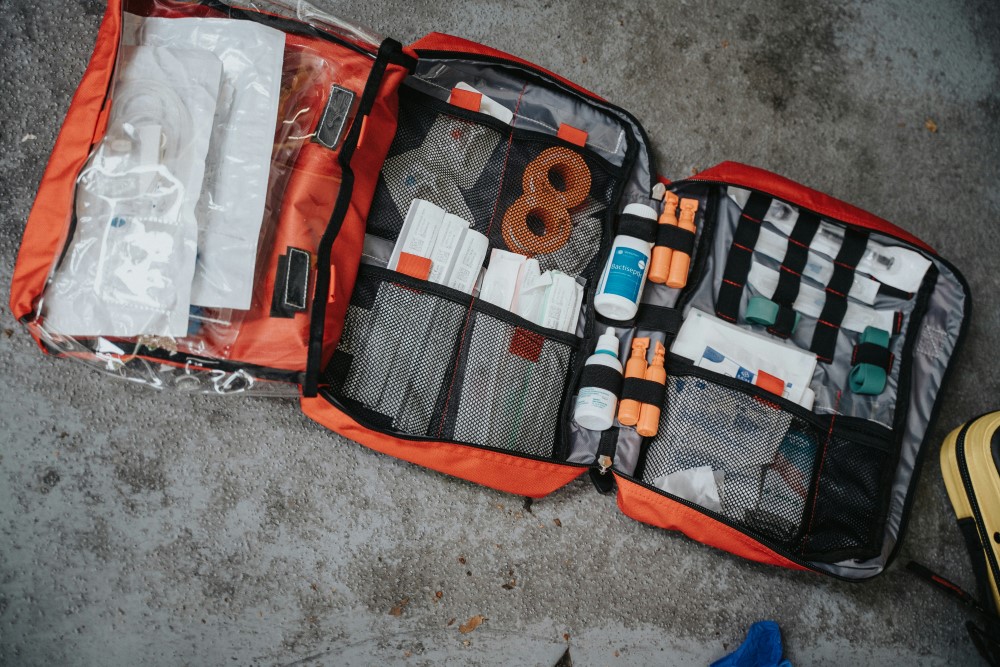
The most common medical emergency is the vasovagal syncope, also known as the simple faint. There are many causes of fainting, however, within a dental practice it is mostly related to pain, emotional stress, fear and anxiety. Some patients may suffer from fainting spells due to other neurological or heart conditions too.
Early recognition of medical emergencies can improve patient outcomes and often avoid further deterioration. We have all heard it before; a patient enters the surgery and you’re there smiling and greeting them whilst they mumble, ”I don’t like the dentist!” or ”Last time I had an injection it made me go all funny and ill”. At this moment, take a minute to think about their anxiety and the apprehension which has led them to feel like this.
Usually, these patients have been kept awake all night worrying about their upcoming appointment. They have often only had a light meal or skipped eating all together because their stomach can’t manage any food.
If patients have not eaten prior to attending, their appointment can worsen their condition hence this can be combated with something as simple as a glucose high energy sweet or glucose-based drink, which helps to maintain the patient’s blood glucose so they can cope with their body undergoing stresses that they are going through prior and during their appointment.
There is also an increased likelihood of encountering medical emergencies during treatment involving intravenous sedation. As an IV sedation provider, implementing the necessary Immediate Life Support (ILS) training is essential, and if you are thinking of applying sedation through your clinical practice workforce, you will need to make sure your training is up-to-date.
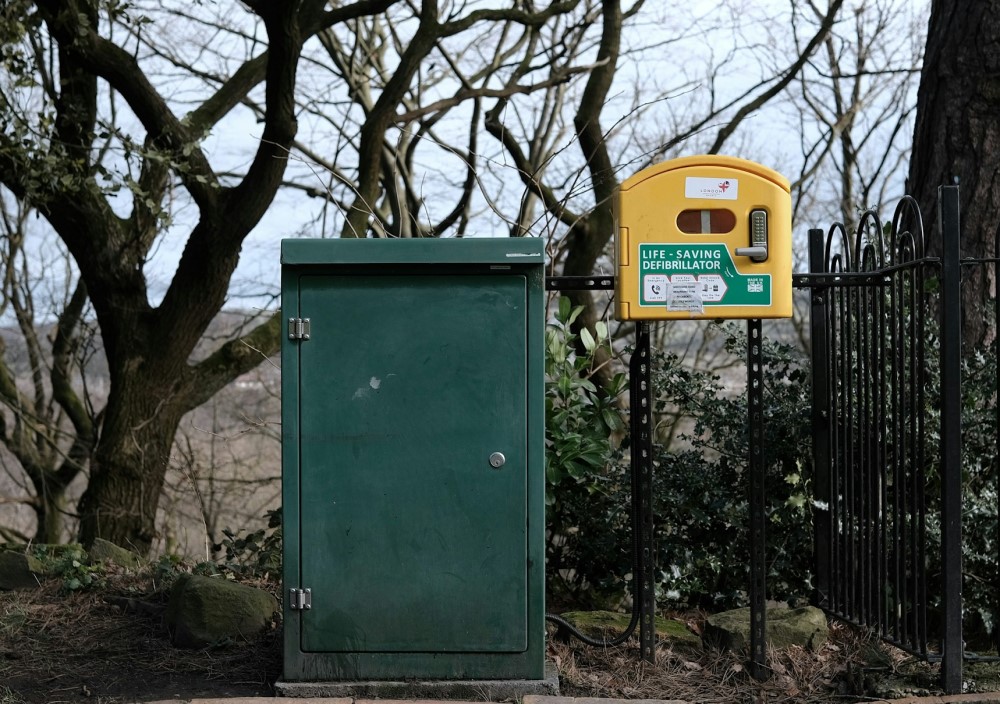
Sepsis from dental infections has become increasingly frequent in my referral clinics based on patients that have encountered failed extractions or are still unwell from being on antibiotics for dentoalveolar infections or pericoronitis, alongside other medical factors that the patient has been diagnosed with. When infection spreads within the head and neck region, there is a risk that the airway can be compromised. Patients can present with noisy breathing, stridor, trismus, breathing rapidly with a fast heart rate, alongside dysphagia. Initial management should include ensuring the patient is in an upright position, administering 15 litres per minute of oxygen, and calling for the ambulance.
Join me in the Enhanced CPD Theatre at BDCDS24, where I will discuss these topics as well as my own journey and experiences, and will talk through essential practice to help you deal with the most common medical emergencies.
The College is a key education partner for the British Dental Conference & Dentistry Show (BDCDS), hosting four lectures in the Enhanced CPD Theatre – register for your free place.

Managing medical emergencies in the dental practice
Dr Sukhvinder Atthi FCGDent
Saturday 18 May, 4.15pm, Enhanced CPD Theatre
Dr Atthi’s lecture will update your knowledge of managing medical emergencies within dental practice, including a review of the mandatory audit process for drugs to use in medical emergencies, how to deal with an unconscious patient and how to recognise and manage suspected sepsis.

